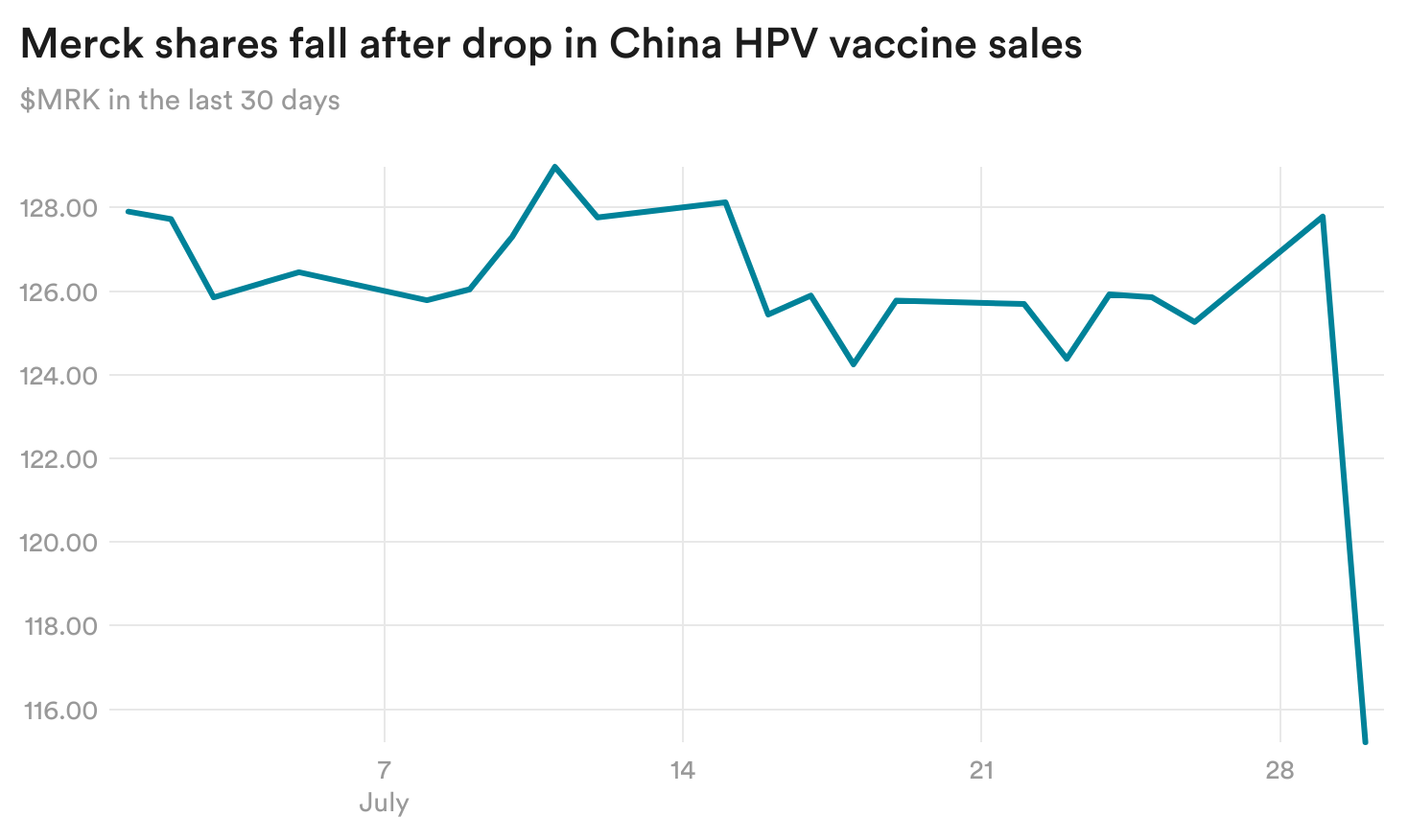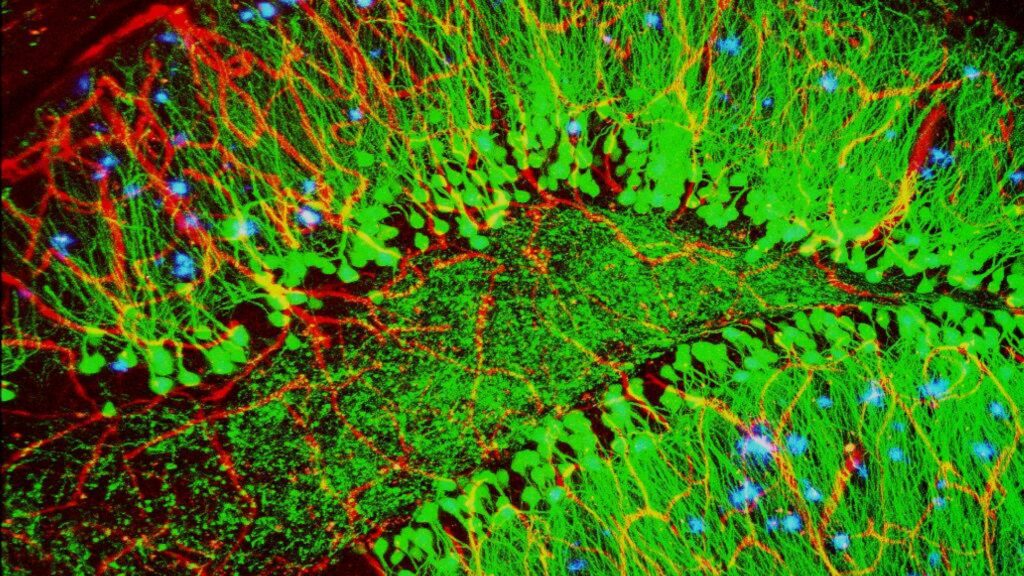Good morning. We have a new investigation out today about how Mount Sinai in New York mounted an aggressive campaign to stifle debate over its controversial brain research. Check it out here.
And let’s get into the biotech news.
advertisement
The need-to-know this morning
Eisai, Biogen argue for long-term use of Leqembi
Eisai and Biogen reported new results showing that early Alzheimer’s patients treated with Leqembi up to three years experienced less cognitive decline than what’s expected of untreated patients based on historical data. The manufacturers said the data support long-term, continuous use of the drug.
This contrasts with Lilly’s approach to its newly approved Alzhiemer’s drug Kisunla. Lilly argues that once the amyloid is cleared in treated patients, they can stop the therapy, making Kisunla a more convenient and potentially less expensive option.
Experts cautioned about drawing conclusions from Eisai and Biogen’s new analysis, as it’s from an open-label extension that’s not placebo-controlled.
advertisement
Merck sees ‘surprising’ drop in HPV vaccine sales
Shares of Merck fell almost 10% yesterday after it reported a decrease in shipments of its HPV vaccine Gardasil in China, a significant market for the drug.

CEO Rob Davis said the reductions were “surprising,” and the company needs to understand if this is “a short-term event or something else.” He said this was likely related to China’s crackdown on bribery and corruption, which affected the Chinese CDC and vaccination rates. Merck also saw lower levels of promotion from its distribution partner in China.
Analysts were split on the severity of this issue, with some saying that the market reaction was overblown, and one saying that it’s difficult to have confidence in a return to demand.
The people who could shape Trump’s health policies
Given that Donald Trump himself has few deeply held convictions about health care policy, the people he might select as advisers or to run health agencies would likely have an outsized impact on his administration’s direction if he wins the election.
My colleagues Sarah Owermohle and Rachel Cohrs Zhang go through the list of people who could influence Trump’s health care policy. It includes former FDA commissioner Scott Gottlieb and Joe Grogan, a former Trump White House aide who previously worked as a Gilead lobbyist.
Read on for the other key figures.
Opinion: BIOSECURE Act takes ‘misguided’ approach
The BIOSECURE Act that’s making its way through Congress aims to protect U.S. data by restricting federally funded drugmakers from working with certain “companies of concern.” But it’s taking a misguided approach, argues Radoje Drmanac, founder and chief science officer of Complete Genomics, one of the firms listed in the bill.
In a new opinion piece for STAT, Drmanac argues that his company doesn’t actually have access to personal DNA data, and the act instead leaves large swaths of DNA data held by other companies unregulated.
More reads
- Imunon shares up over 150% as ovarian cancer treatment extends survival in Phase 2, Endpoints
- Pfizer’s Bourla confident in company’s obesity drug position, despite delays, BioPharma Dive
- Wells Fargo faces class action lawsuit over workers’ high drug costs, STAT
- What I learned about ultra-processed foods from stuffing my face at the world’s leading food technology event, STAT

